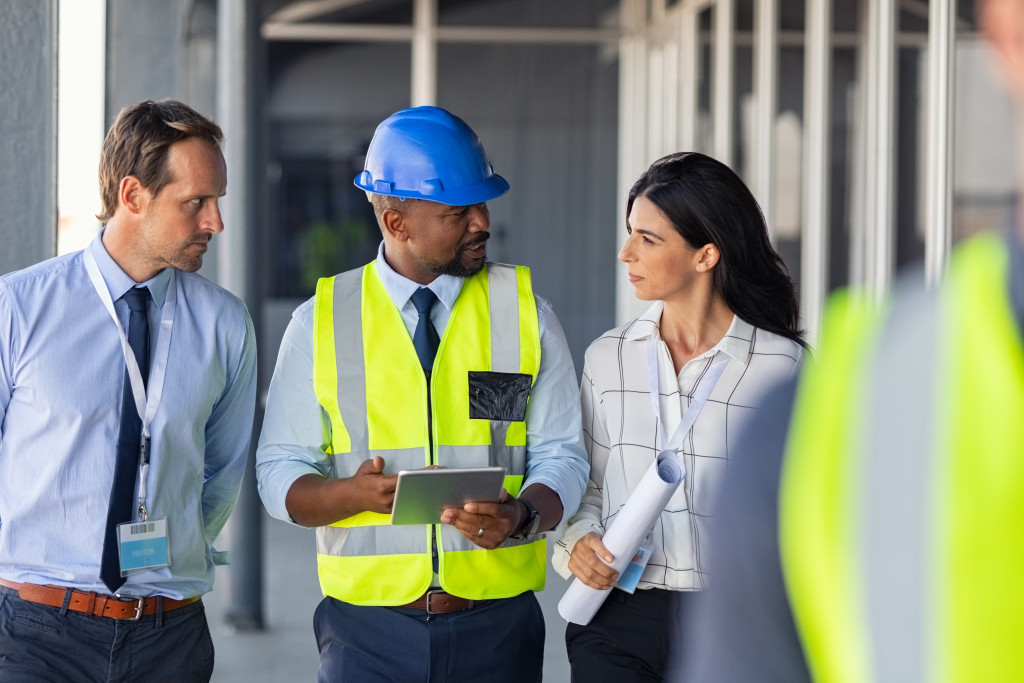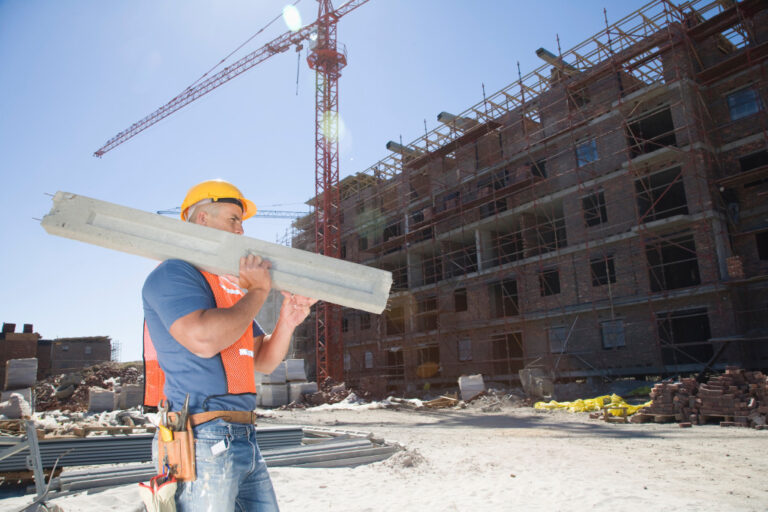- To avoid delays and unexpected expenses, research budgets, timelines, and local regulations before starting construction.
- Obtain the necessary permits and licenses from the local building department and investigate zoning laws applicable to your project.
- Ensure all stakeholders involved in the project communicate regularly with each other to avoid surprises.
- Have a qualified individual overseeing the entire process to ensure everything runs smoothly and according to plan.
Building a commercial building is a significant undertaking that requires careful planning and execution. If not done correctly, it can lead to costly delays, unpredicted expenses, and many other issues quickly eating into your budget. Look at some of the most common pitfalls you may encounter when constructing a commercial building and how to avoid them.
1. Unrealistic Budgets and Timelines
It is essential to have realistic budgets and timelines for your project. This includes researching the costs of materials, labor, permits, taxes, insurance, etc., so you know exactly what financial resources will be necessary. Additionally, it is important to honestly assess how long the project will take so that you can plan accordingly. Trying to cut corners or skimp on research could cost you more in the long run than if you had just planned correctly from the beginning.
Consider hiring a professional contractor who can provide you with an accurate estimate of the time and money needed to complete the project. This will help you stay on track and avoid delays or financial issues. Many contractors offer a warranty on their work, so if something does go wrong, you will have some protection.

2. Lack of Proper Permits and Licenses
Because regulations, zoning requirements, and building codes vary from state to state and even locality to locality, it is essential for you to research what permits and licenses you may need before starting construction. Failing to do so could result in fines, delays, or even halting your project altogether. Make sure you do the following before you start construction:
a. Contact the local building department
You must contact the local building department or agency to determine what type of permits you need. This is especially true if you plan a major project such as a new office building.
b. Investigate zoning laws
You will also need to research the local zoning requirements and determine how they apply to your project. Different areas may have different rules about specific structures’ height, size, and location.
c. Get the site surveyed properly
You must have the area surveyed to ensure it meets all the necessary regulations. Working with a professional land surveyor is a great way to ensure everything is correct. They can provide valuable insight into the local laws and help you avoid problems.
d. Understand the building codes
Each state and locality has its own building code set, so you must ensure you understand what is required for your project before beginning construction. Hiring a qualified contractor familiar with your area’s regulations can help you avoid any problems.

3. Lack of Proper Communication
When constructing a commercial building, communication between all stakeholders is key to keeping everything on track. This includes contractors, engineers, architects, suppliers, etc. Everyone should be kept informed about any changes or updates related to the project so that there are no surprises down the line. Additionally, it is essential for everyone involved to communicate regularly with each other so that any potential issues are addressed quickly and efficiently.
Many companies utilize project management software to help keep everyone organized. This can ensure that all the necessary documents and information are shared promptly and are easily accessible to everyone involved. You should also consider regular meetings or conference calls to ensure everyone is on the same page and that potential issues are addressed quickly.
4. Inadequate Oversight
Having someone overseeing all aspects of the construction process is essential to ensure everything runs smoothly and according to plan. This person should be familiar with every step in the construction process and all relevant laws and regulations related to commercial building construction in your area. Additionally, they should be able to act quickly if something goes wrong or if changes need to be made for things to stay on track.
Building a commercial building is no small feat; it takes careful planning and proper execution for everything to go smoothly without any significant issues cropping up along the way. By understanding some common pitfalls associated with commercial building construction and avoiding them, you can ensure your project is completed on time and under budget.
Planning, communicating regularly, obtaining the necessary permits and licenses, and having someone to oversee the entire process are all essential for successful commercial building construction. Taking the time to do things right will save you time and money in the long run, so do your due diligence before starting your project.




